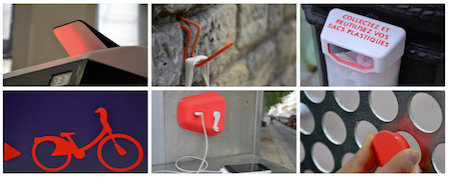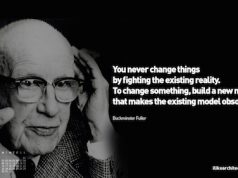Images from www.fabrique-hacktion.com
We live in interesting times. That could be said in reference to the apocryphal Chinese curse: “May you live in interesting times.” On the other hand, if you think about livable cities as much as we do, well, we mean it to say there isn’t a better time to be alive.
Consider it. Over the next generation cities will grow to harbour about 70% of the world’s people. There will soon be a thousand cities with populations greater than one million. Some cities are now home—a quaint, anachronistic term—to over thirty million people. In total there are twenty cities with populations over ten million. Call them megacities if you must.
That’s not to mention the technological, social, economic, environmental, and political upheavals that are also changing our world.
With crisis comes innovation and change. For example, the same 3d rapid prototyping printers that hackers have so publicly coopted to produce functioning rifles (you can’t make this stuff up) will be used to produce new tools for the 21st C. city. Need proof?
Here is a hackathon project by three Parisian students that explores some ideas about how to make the city more accommodating of day-to-day use. They are not reinventing the urban form. What they are doing is adopting an incremental methodology that can gradually chip away at the problems facing all urban dwellers (and often the rural population as well). Want to build smarter cities? Let bright, energetic people start solving problems one small step at a time.
The three used 3d printers as part of their project. It allowed them to quickly prototype some believable product types they then used as part of their urban toolkit. Nice.
Take a look at the following videos for more on the project.
Phone box
On one hand phone boxes are less and less used, on the other hand mobile phone need a full battery to work. A small box containing a dynamo and usb port, uses these existing spaces for giving a new service: the recharge of our mobile phones.
In the métro exit-way
On the platforms, on the signs, several arrows point out several exits. Gluing bike stickers indicate the way to the closet Velib station (bike rental system in Paris), and make two different public transport networks in relation.






